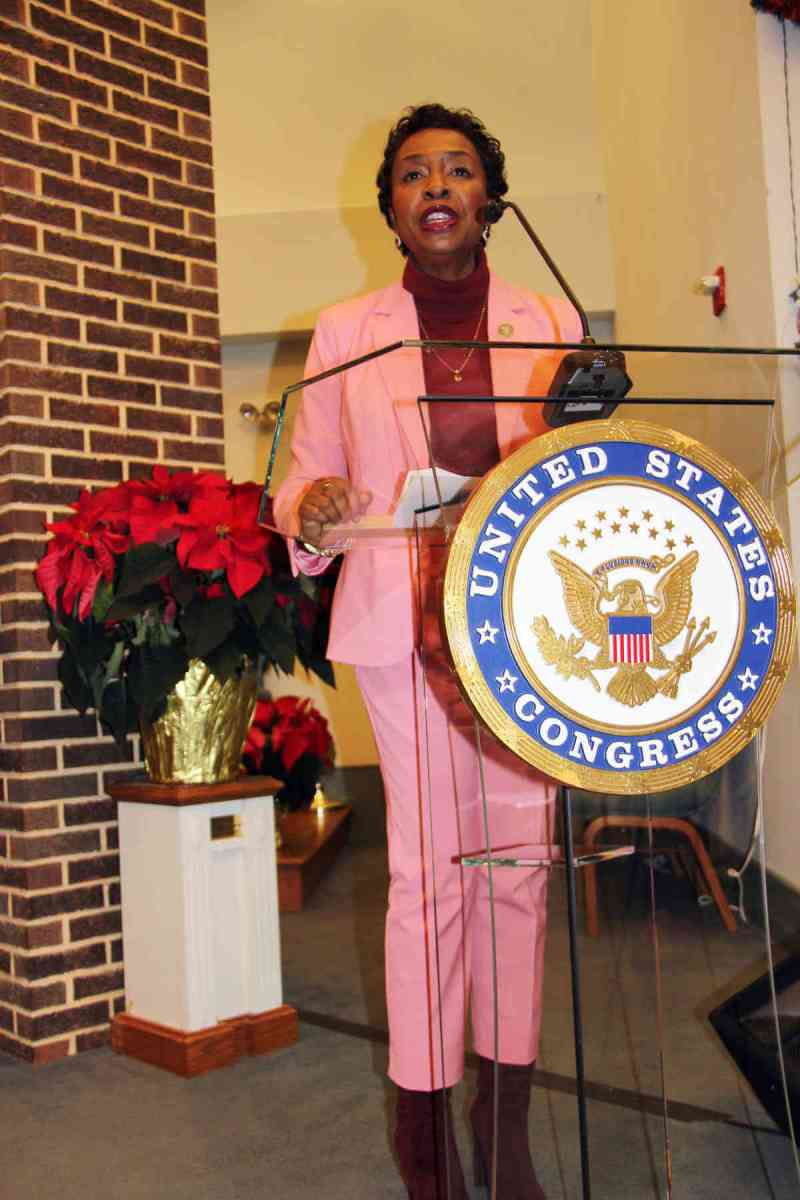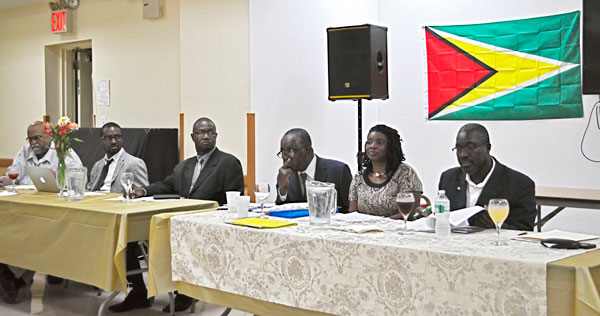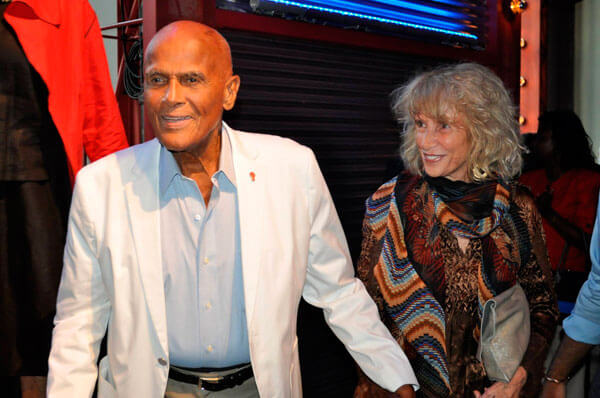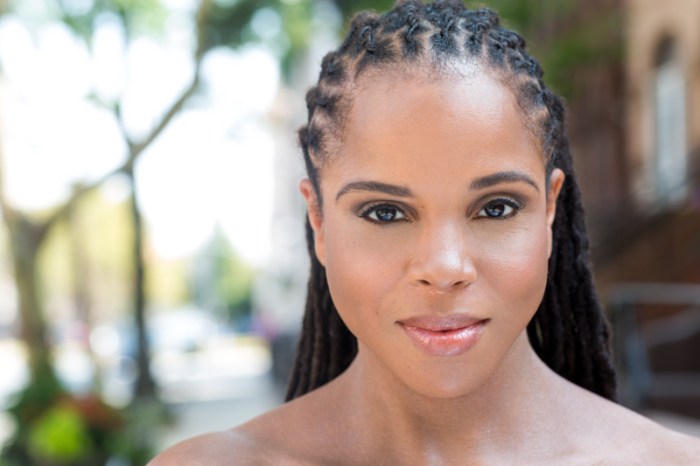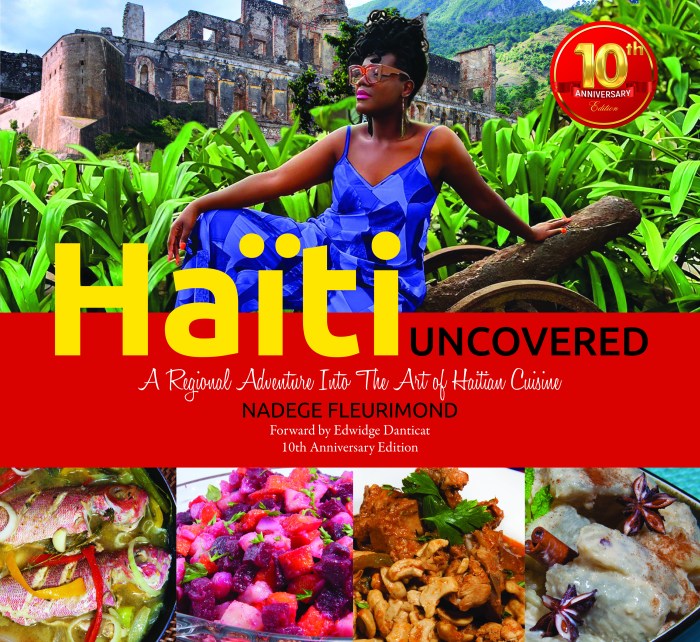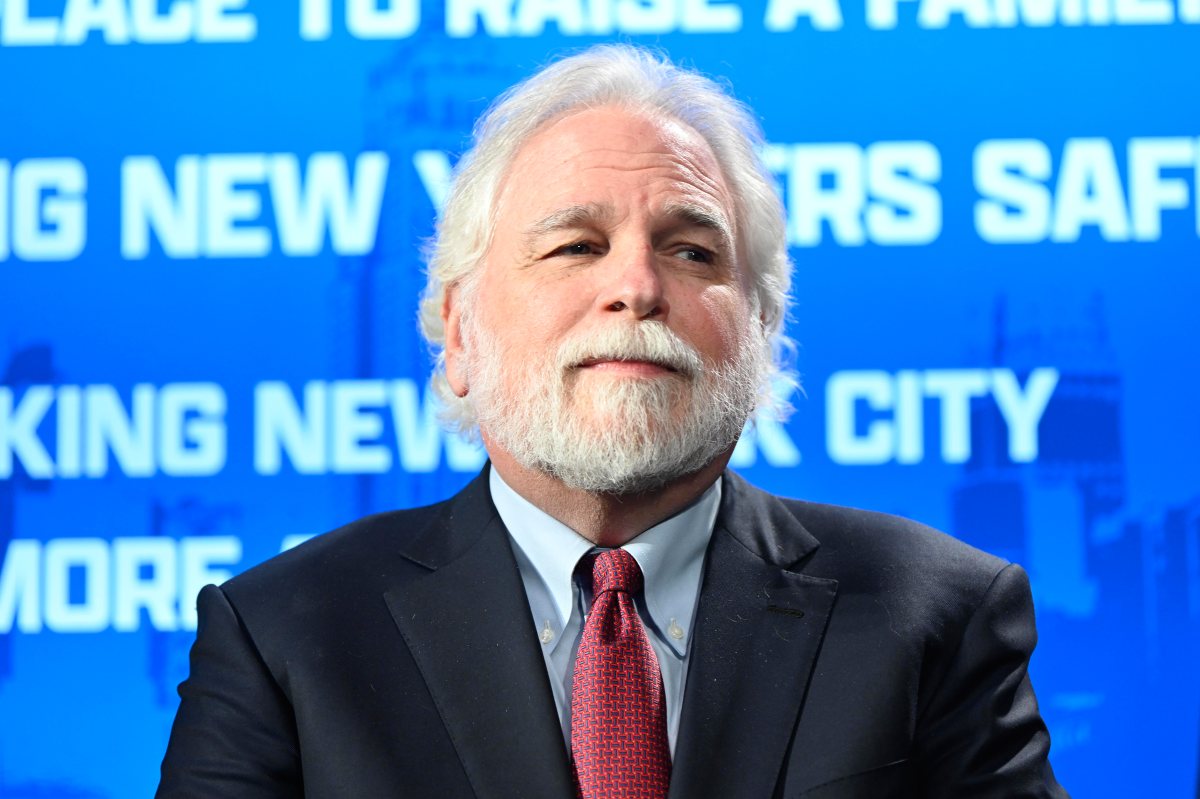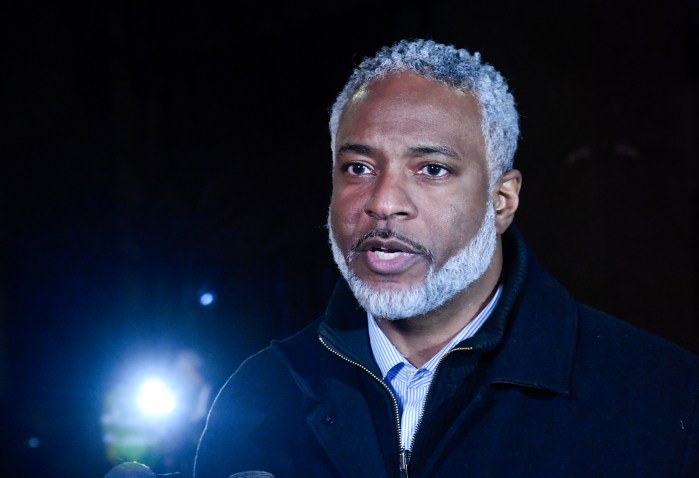Brooklyn Democratic Congresswoman Yvette D. Clarke Monday night stepped up her warning to Caribbean and other immigrants about the Trump administration’s proposed Public Charge rule, saying that it will “deeply affect a large portion of residents” in her Ninth Congressional District, who are predominantly Caribbean nationals.
“Now that this rule change seems imminent, it’s important that we know our rights, understand how it will affect our community, and share strategies to ensure that our families, congregations and communities are safe,” said Clarke, while addressing a town hall meeting at Lenox Road Baptist Church in Brooklyn.
She said the Public Charge rule has been a statutory ground of inadmissibility for nearly 135 years; and that, generally, if deemed a public charge, one will not be allowed to become a permanent resident in the United States.
But Clarke said the proposed rule by the Trump administration would expand the list of government programs that could be used to block Caribbean and other immigrants from obtaining green cards.
These include Medicaid, the Supplemental Nutrition Assistance Program (SNAP), Section 8 housing benefits, Medicare Part D subsidies, and numerous other forms of government assistance.
The congresswoman said the rule would require the Department of Homeland Security (DHS) to deny immigration benefits to Caribbean nationals who have used or are likely to use the programs in an amount equal to about US$150 / month in certain types of benefits.
“Simply put, this proposed rule is yet another attack on poor communities of color,” declared Clarke at the meeting, at which several immigration advocacy groups, including the New York Immigration Coalition, spoke.
Clarke noted that, for several years, safety net programs have helped Caribbean and other immigrants across America, particularly the large immigrant population in her district, “who came to the United States with limited resources to pursue the American Dream.
“It is our duty to ensure that this dream is attainable for all, regardless of race, nation of origin, or socioeconomic status,” she affirmed.
Clarke said she was “happy” to be an original sponsor on Congresswoman Judy Chu’s No Federal Funds for Public Charge Act, which would prohibit any US federal funds from being used to implement this proposed rule.
The Brooklyn congresswoman has also dispatched a letter on behalf of the Congressional Black Caucus (CBC) to DHS Secretary, Kirstjen Nielsen, urging her to desist from moving forward with this proposal.
Clarke also disclosed that she will be sending another letter to DHS with her CBC colleagues pointing out the “legal flaws” in the proposed rule.
“But there is much work to be done right here on the ground,” she said. “The proposed rule is currently open for public comment.
“That’s why we’re here today — faith leaders, community leaders, activists and elected officials,” she added. “With the help of our expert panelists, together we can empower ourselves, our constituents, parishioners, and congregations with the necessary tools to combat this policy change and anticipate its potential consequences.
“I encourage you to use tonight’s conversation to submit informed comments, so that our constituents are represented in the greater conversation around this rule change,” Clarke continued.
Max Hadler, of the New York Immigration Coalition, said: “It’s important to take Public Charge as a large view of someone’s life — the immigration agency looking into someone’s life, like their age.
“We’re talking about the Trump administration wanting to expand the definition of Public Charge,” he said. “This is an attack on immigrants.”
Hadler said, until Dec. 10, “everyone has the right to express their opinion on the proposed rule,” adding that, even when the rule is finalized, there is a grace period of 60 days.
“This is a terrible, terrible rule that will affect many people,” he warned.
On Oct. 10, 2018, Clarke said the DHS proposed the rule that would make it easier for the agency to deny admission, visas, green cards, and the ability to change or extend nonimmigrant status to individuals, who have received government benefits from specific programs above certain dollar amounts.
The congresswoman said the proposed rule “will likely not go into effect, if at all, before mid-February 2019.”
She said, after public comments on the proposed rule, the DHS will “then be legally bound to review the thousands of comments submitted and issue a final rule.”
In the meantime, Clarke said eligible green card and non-immigrant visa applicants can apply for or may continue to receive benefits for which they qualify.
“The most important thing that you can do is spread awareness about this rule to ensure that immigrants are aware of how it will—and will not—impact them,” Clarke urged.


